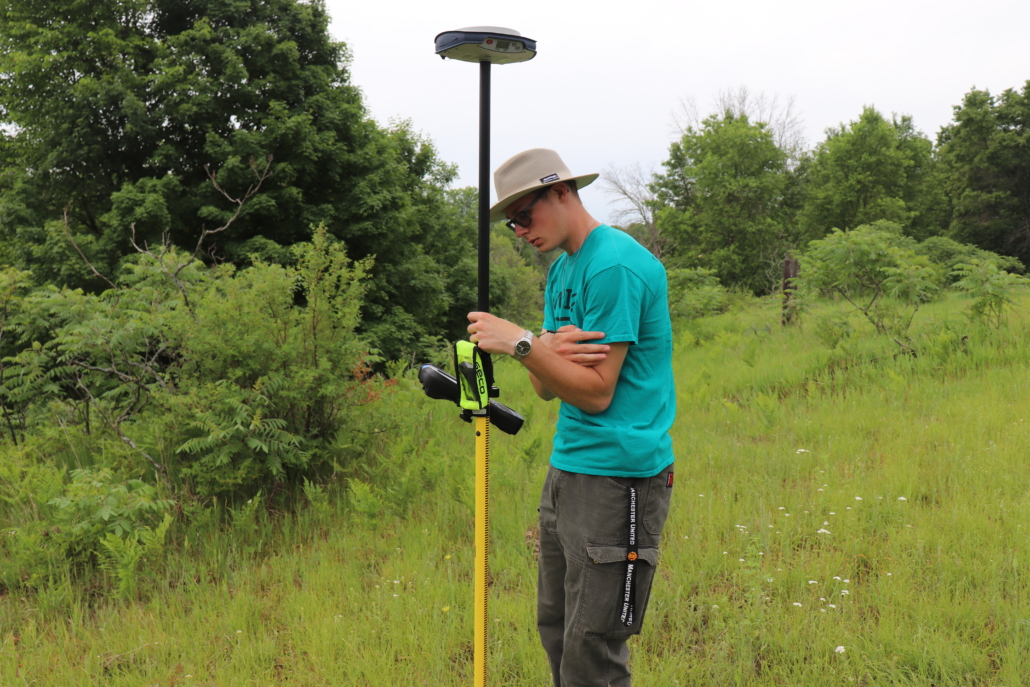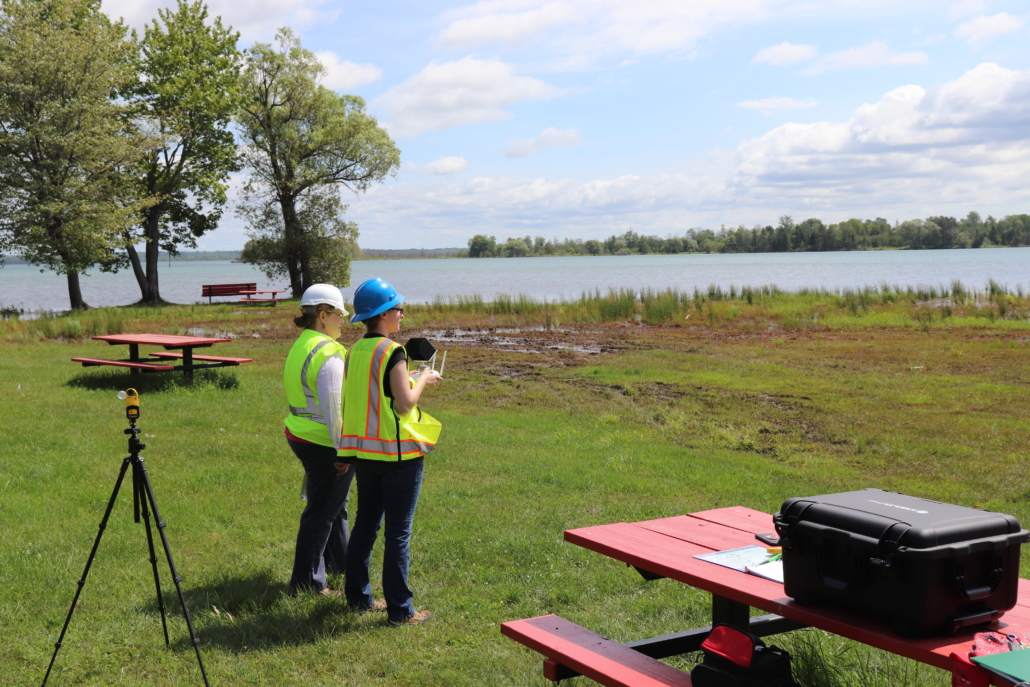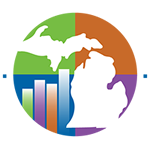Geographic Information Science
Learn More About GIS
The geospatial programs are support programs to augment your Bachelor’s Degree. The program provides a well-rounded suite of skills including
- Field-based primary data collection using a variety of survey and global positioning devices
- Hands-on experience with a variety of geographic information systems including ESRI’s suite of tools
- The basics of geospatial analysis
- Advanced skill development in interpretation of remote sensing data and aerial photographs, spatial statistics, and geospatial programming
Get Real-World Experience
You’ll gain valuable skills for your career in collecting global positioning system (GPS) data and displaying the data on digital maps. You’ll also learn ESRI’s suite of tools including ArcMap, ArcScene, ArcCatalog, and ArcGIS Online and ArcGIS Collector. In addition to those in demand skills, you’ll learn Imagery Analysis – Photogrammetry and Remote Sensing, as well as Spatial Analytics.
Review Our Program Goals
Students completing a certificate, minor, or Associates in Geospatial Technology will be able to:
- Collect primary data in the field using ground-based and remote sensing methods, and compile and integrate secondary data for spatial analysis
- Utilize state-of-the-art geospatial tools to perform spatial analyses and visualizations that effectively, concisely, and ethically represent geospatial data
- Effectively communicate methodologies and outcomes of data and literature-based geospatial projects through oral, written, and graphic media
Check Out Our GIS Programs
Geospatial Technology, Associate
The program provides a well-rounded suite of skills including:
- Field-based primary data collection using a variety of survey and global positioning devices
- Hands-on experience with a variety of geographic information systems including ESRI’s suite of tools
- The basics of geospatial analysis
- Advanced skill development in interpretation of remote sensing data and aerial photographs, spatial statistics, and geospatial programming
Students may pursue this program in the context of their major by completing discipline specific projects in the GIS courses and a required minor.
Geographic Information Science, Minor
The GIS Minor provides students with core skills in Geospatial Analysis, with advanced coursework in students chosen subdisciplines.
Geographic Information Systems, Certificate
This certificate program will provide students with a credential that is in high demand in many different disciplines/industries. The program provides a well-rounded suite of skills including:
- Primary data collection using a variety of global positioning devices
- Hands-on experience with a variety of geographic information systems including ESRI’s suite of tools
- Basics of geospatial analysis
- A choice of advanced skill development
Students may pursue the certificate in the context of their major by completing discipline specific projects in the GIS courses.
Explore Career Opportunities
Completion of one of these programs will provide graduates with a credential that is in high demand in many different disciplines/industries.
Professional Paths
- Business Analytics – Market Analyst
- Computer Science – Programmer, Software Engineer
- Criminal Justice – Crime Analyst, Profiler
- Ecology – Habitat Mapping, Restoration
- Engineering – Civil & Urban Planning, Robotics
- Environmental Science – Public Health, Environmental
Consulting - Fire Science – Rescue & Recovery, Remote Pilot
- Forestry – Field Technician, Forest Management
- Geology – Oil & Mining, Geomorphology, Hydrology
- GIS Technician/Analyst
Please note: having a GIS credential enhances your ability to be more competitive for discipline-specific jobs that do not require GIS skills/training. The career example of Scientist & Forester salary would require a bachelor’s degree in the discipline.
“The GIS program thrives on teaching students through real-world situations and presenting reasonable solutions in a clear way. It not only works through troubleshooting the software itself (learning the in’s and out’s of the software package), but thoroughly going through the right practices for GIS projects, knowing what to do to accomplish a project goal. The program helped me prepare myself for the working world. ”



